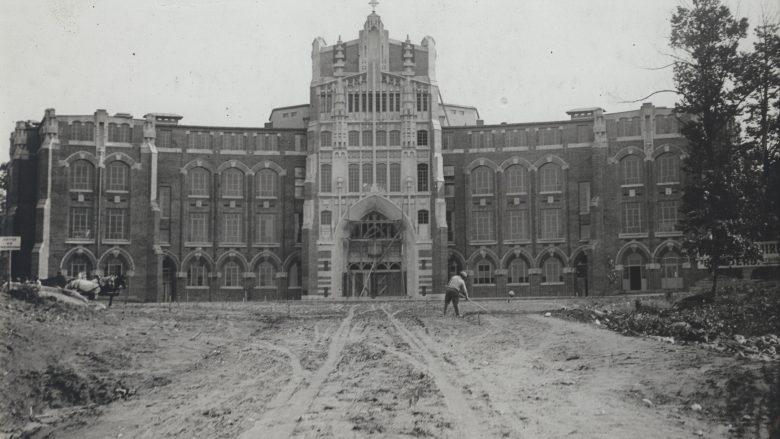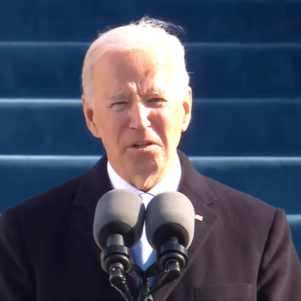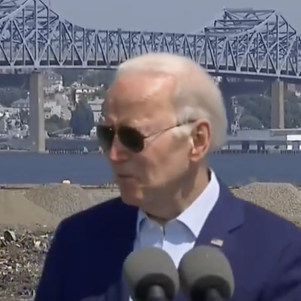Providence College Turns 100
By James P. Freeman | May 3, 2017, 13:27 EDT
 This photo shows Harkins Hall on the campus of Providence College in 1918, not long after the college’s founding.
Photo Courtesy of Providence College
This photo shows Harkins Hall on the campus of Providence College in 1918, not long after the college’s founding.
Photo Courtesy of Providence College
“The need of a college, catholic in spirit and under catholic auspices, is most evident …”
— Providence Bishop Matthew Harkins to the Dominican Fathers, October 9, 1915
On November 8, 1915, setting sail from Naples, Italy and bound for New York City, the Italian-American liner Ancona carried with it approval documents of the Master General of the Dominican Order to found a small Catholic college in Rhode Island’s capital city. One day later, the ship was torpedoed and sank; two hundred seventy lives were lost along with all cargo and mail. Thus, The Great War interrupted the founding of Providence College.
With the perseverance of Job, the college finally was born on February 14, 1917. And to correct an administrative oversight, one hundred years ago — likely last month, official letters reveal — efforts were made to obtain definitive permission from the Vatican, which was granted afterwards, on July 23rd. Today, the school remains the only Catholic, liberal arts college in America that is administered by the Dominican Friars, known formally as the Order of Preachers. (The Jesuits had their chance after 22 years in Providence, but withdrew from the archdiocese in 1899.)
Deliberative and ruminative during a recent interview, Father Brian J. Shanley, O.P., president of the college, believes that fidelity to Catholic teachings and Dominican traditions are what distinguishes its liberal arts virtues. St. Dominic de Guzman established the order eight hundred years ago with the mission of contemplative preaching (faith, prayer, and learning) and eternal salvation of souls. Today, mostly, these are the 3,900 young undergraduate souls.
Back in 1917, the original idea was to provide the opportunity for Catholic men — many of whom faced discrimination as the sons of European immigrants — to receive a university education. Now, demographics is destiny: 61 percent of the student body are women, 16.3 percent of the Class of 2020 are minorities; and while 64 percent of the same class come from New England states, 29 percent come from mid-Atlantic states. (About 14 percent of faculty are multi-cultural.) The college-age demo in New England is in decline, and by 2028 non-white students may comprise a majority of undergraduates at Providence. Diversity, accordingly, is one of the five core values in the school’s strategic plan.
Father Shanley will likely be the last Dominican president of Providence College to grow up in the pre-digital age and to lead in the post-diversity age — a vital link between past and present. He was a pupil at the college in the 1970s (a 1980 graduate), and ordained a priest in 1987. He was a professor of philosophy in the 1990s, and installed as Providence’s 12th president in 2005.
Since then he has worked to promote the academic and physical transformation of the campus. Over the last decade, the college has sought to include the influence of non-western cultures in its core Development of Western Civilization program. And the upper and lower campus is no longer divided by Huxley Avenue. When told he would become the longest-serving president of the college, on June 15, 2019, Father Shanley replied with elegant humility. “It’s in God’s hands.”
God’s hands may be needed in helping with the daunting tasks before him. In fact, maintaining its Catholic and Dominican identities may not be the most urgent challenges facing the school. Father Shanley wants to double the endowment (which is small relative to peer group schools) by 2025. He looks at today’s evolving pedagogical model and ponders the challenges of administering “smart classrooms” and “engaged learning.” And he expresses concern over how a mostly secular society values a liberal arts education, what many demand as an immediate “return on the investment.” For Father Shanley, that return translates into what he calls a “meaningful life,” not exclusively the rich commodities of dollars and titles.
On a recent warm day, students lounged on the lawn of the student union, just as they have done for nearly half a century on sunny April afternoons. Even if the campus looks more diverse it is not immune from today’s issues confronting students — from micro-aggressions to the more serious, like sexual assault. And perceived institutional racism. “Inclusiveness,” notes Father Shanley, “is different from diversity.”
However, the meaning of diversity and of its place within a Catholic and Dominican college is not accepted with unanimity at Providence and is the subject of conflict and debate. Professor Anthony Esolen, who teaches Renaissance English Literature and the Development of Western Civilization at the college, has criticized the college’s understanding of diversity as being rooted in a kind of secular political ideology. Properly understood, diversity today is, he wrote, a “push for homogeneity.” This acts as a cultural solvent that dilutes unique identities — perhaps even truths. For the Millennial generation, “diversity” carries with it the same emotional triggers as “Vietnam” did for the Baby Boomer generation.
Still, Father Shanley is optimistic about the future. He is heartened that the Dominican Order is flourishing, with 75 young men in formation. He hears encouraging anecdotal stories about the quality of the college’s graduates which he understands as a validation of this goal: “To teach you how to be life-long learners.” Ideally, in 2017, it also means to produce critical thinkers who can also project emotional intelligence.
In the wake of the Vietnam War student strike and three years after Providence’s quinquagenary, on June 2, 1970, the syndicated columnist and journalist Art Buchwald gave the commencement address on campus. In the audience that day, having just graduated summa cum laude and presented the class oration, was Roy Peter Clark, the first in his family to attend college. He went on to teach, write, and edit books, and has been called “America’s writing coach.” (Remarkably, he even interviewed Buchwald twice in the decades later.)
Clark, now senior fellow at The Poynter Institute for Media Studies, the renowned school for journalists, will deliver the 99th commencement address on Sunday, May 21 and will receive an honorary doctor of journalism degree. He is intent on creating a nation of writers. So, in his remarks he will genuinely and generously offer assistance to anyone in attendance who wishes to improve his or her writing skills. Clark today is the living embodiment of the Dominican tradition and a fitting link between past and future.
The founding of Providence College, in retrospect, may indeed have been preordained by God’s grace. But for believers over a century ago, the future was far less assured and certainly not as clear as the primeval history of creation written in Genesis. And the next one hundred years? For Dominican educators, that future means the continuation of teaching by remaining true to Bishop Harkins’s grand and simple vision.
James P. Freeman is a New England-based writer and former columnist with The Cape Cod Times.











